"One Lord, one faith, one baptism, one God and Father of all." (Ephes. iv. 5. 6.)
THESE words of the great Apostle of the Gentiles show clearly, that it is not a matter of indifference, what faith or religion we profess. Yet in our times so poor in faith, we often hear the assertion from so-called enlightened men: "It is all the same to what religion we belong, we can be saved in any, if we only believe in God and live uprightly." This assertion is impious! Consider, my dear Christian, there is but one God, and this one God has sent only one Redeemer, and this one Redeemer has preached but one doctrine, and has established but one Church. Had God wished that there should be more than one Church, then Christ would have founded them, nay, He would not have preached a new doctrine, established a new, Christian Church; for the Jews also believed in one God. But Jesus cast aside Paganism and Judaism, promulgated a new religion, and founded a new Church. Nowhere does He speak of Churches, but always of one Church. He says that we must hear this Church, and does not add, that if we will not hear this Church, we may hear some other. He speaks of only one shepherd, one flock, and one fold, into which all men are to be brought. In the same manner He speaks always of one kingdom upon earth, just as there is only one kingdom in heaven; of only one master of the house and one family, of one field and one vineyard, whereby He referred to His Church; of one rock, upon which He would build His Church. On the day before His death, He prayed fervently to His Heavenly Father, that all who believe in Him, might be and remain one, as He and the Father are one, and He gave His disciples the express command to preach His gospel to all nations, and to teach them all things, whatsoever He had commanded them. This command the apostles carried out exactly. Everywhere they preached, one and the same doctrine, establishing in all places Christian communities; which were all united by the bond of the same faith. Their principal care was to prevent schisms in faith, they warned the faithful against heresy, commanded all originators of such to be avoided, and anathematized those who preached a gospel different from theirs. As the apostles, so did their successors. All the holy Fathers speak with burning love of the necessary Unity of faith, and deny those all claim to salvation who remain knowingly in schism and separation from the true Church of Christ.
Learn hence, dear Christian, that there can be but one true Church; if there is but one true Church, it naturally follows that in her alone salvation can be obtained, and the assertion that we can be saved by professing any creed, is false and impious. Jesus who is the Way, the Truth, and the Life, speaks of but one Church, which we must hear, if we wish to be saved. He who does not hear the Church, He says, should be considered as a heathen and publican. He speaks furthermore of one fold, and He promises eternal life only to those sheep who belong to this fold, obey the voice of the shepherd and feed in His pasture. The apostles were also convinced that only the one, true Church could guide us to salvation. Without faith it is impossible to please God, writes St. Paul to the Hebrews, (xi. 6.) and this faith is only one, he teaches the Ephesians. (iv. 5.) If the apostles had believed that we could be saved in any religion, they would certainly not have contended so strenuously for unity, they would not have declared so solemnly, that we should not belong to any other than to Christ alone, and that we must receive and obey His doctrine. As the apostles taught so did their successors and all the Fathers agree that there is no salvation outside of the true Church. St. Cyprian writes: "If any one outside Noah's ark could find safety, then also will one outside the Church find salvation." (De unit. eccl. c. 7.) From all this it follows, that there is only one true Church which insures salvation, out of which no one can be saved.
But which is this Church ? The Roman Catholic, Apostolic Church, for she alone was founded by Christ, she alone was watered with the blood of the apostles and of thousands of holy martyrs, she alone has the marks of the true Church of Christ, [see the Instruction for the first Sunday after Easter] against which He has promised that the powers of hell shall not prevail. Those who fell away from the Church three hundred years ago, do, indeed, contend that the Church fell into error and no longer possessed the true, pure gospel of Jesus. Were they right, Jesus might be blamed, for He established this Church, promising to remain with her and guide her through the Holy Ghost until the end of the world. He would, therefore, have broken His word, or He was not powerful enough to keep it. But who dare say this? On the contrary, she has existed for eighteen hundred years, whilst the greatest and most powerful kingdoms have been overthrown, and the firmest thrones crumbled away. If she were not the only true and saving Church, founded by Christ, how could she have existed so long, since Jesus Himself said: Every plant which my heavenly Father hath not planted, shall be rooted up. (Matt. xv. 13.) If she were not the Church of Christ, she would have been destroyed long ago, but she still stands today, whilst her enemies who battled against her have disappeared, and will continue to disappear; for the gates of hell shall not prevail against her, says our Lord. He has kept His promise and will keep it, notwithstanding all the oppositions and calumnies of her implacable enemies.
You see, therefore, my dear Christian, that the Catholic Church is the only true, the only saving Church; be not deceived by those who are neither cold nor warm, and who say: "We can be saved in any religion, if we only believe in God and live uprightly," and who wish to rob you of your holy faith, and precipitate you into the sea of doubt, error, and falsehood. Outside of the Catholic Church there is no salvation; hold this firmly, for it is the teaching of Jesus, His apostles, and all the Fathers; for this doctrine the apostles and a countless host of the faithful have shed their blood. Obey the teaching of this Church, follow her laws, make use of her help and assistance, and often raise your hands and heart to heaven to thank God for the priceless grace of belonging to this one, true Church; forget not to pray for your erring brethren, who are still outside of the Church that the Lord may lead them into her, that His promise may be fulfilled: THERE WILL BE ONE FOLD AND ONE SHEPHERD!
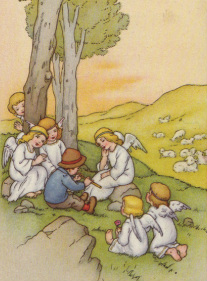
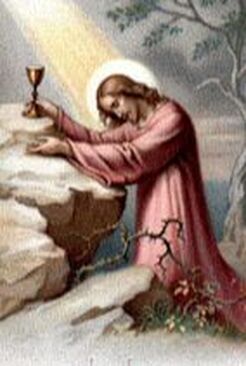
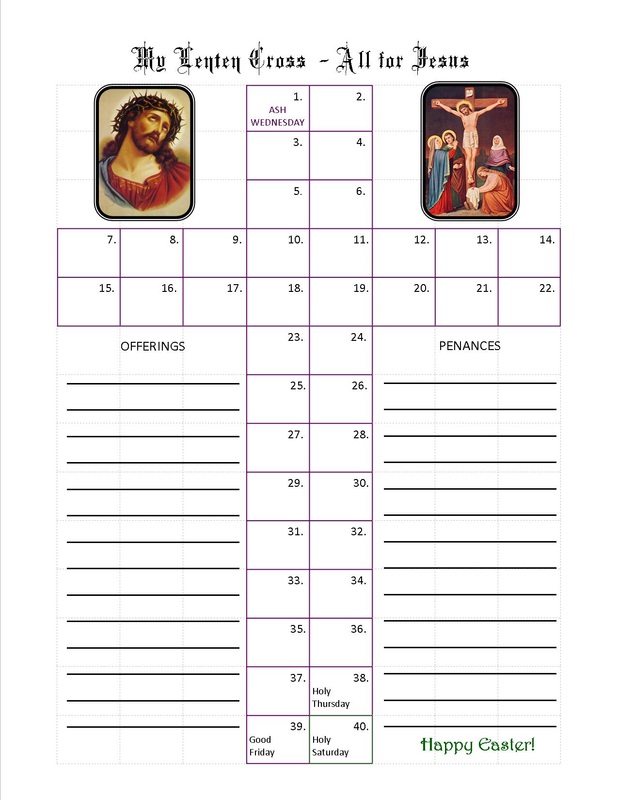
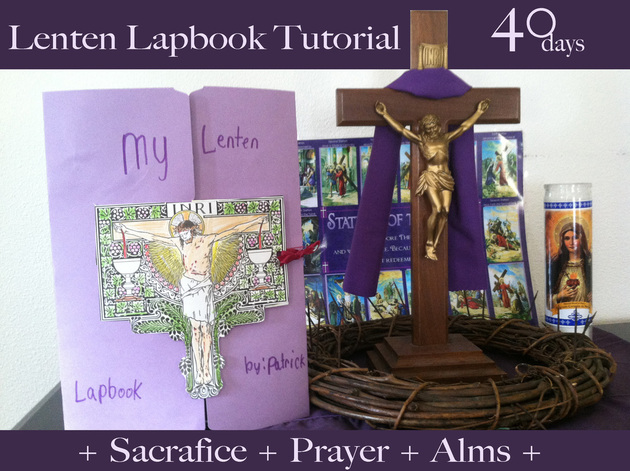
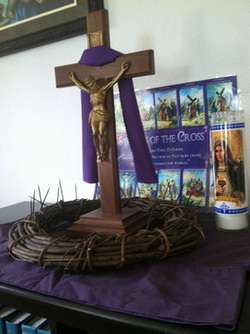
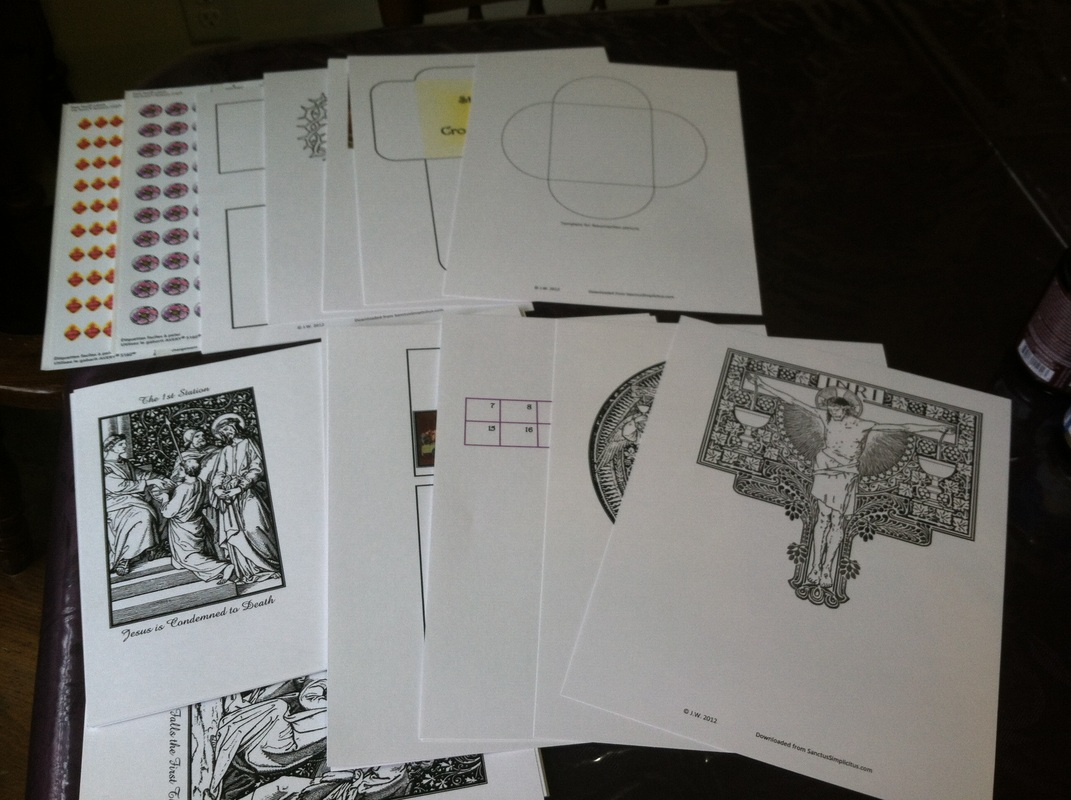

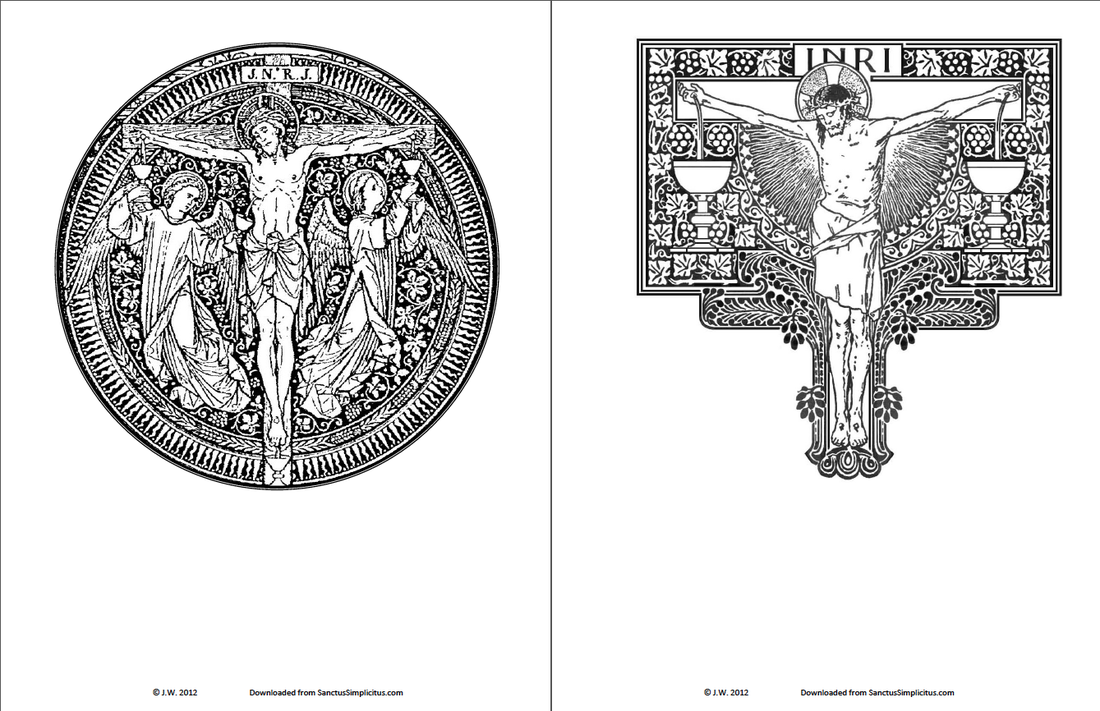


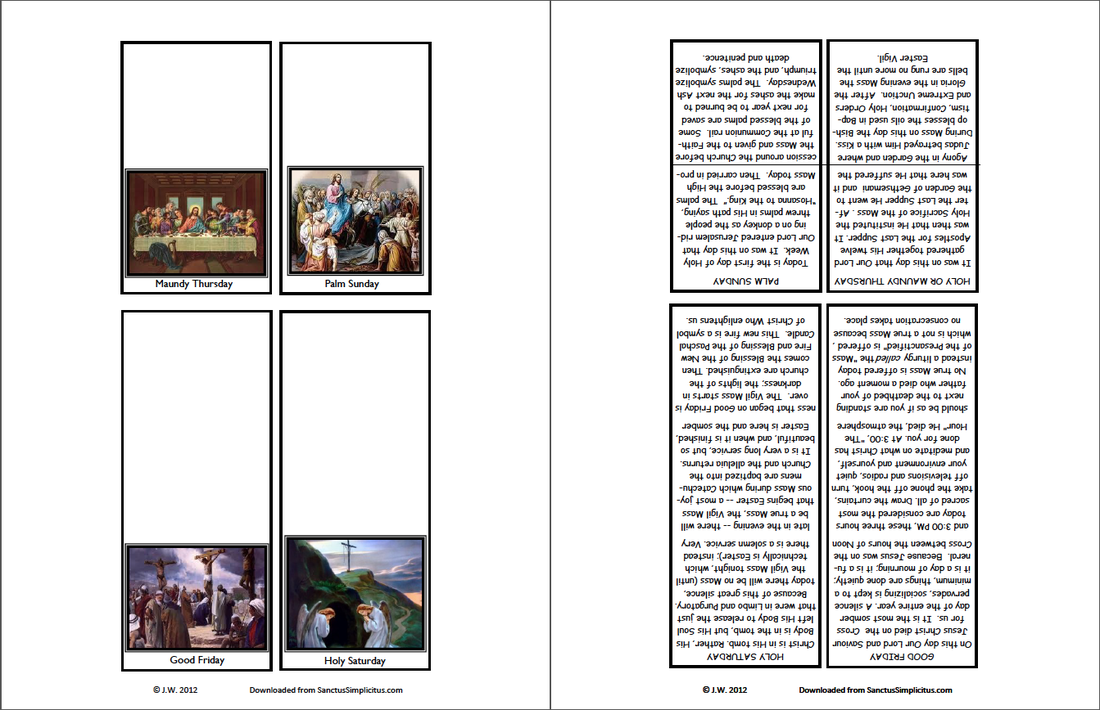

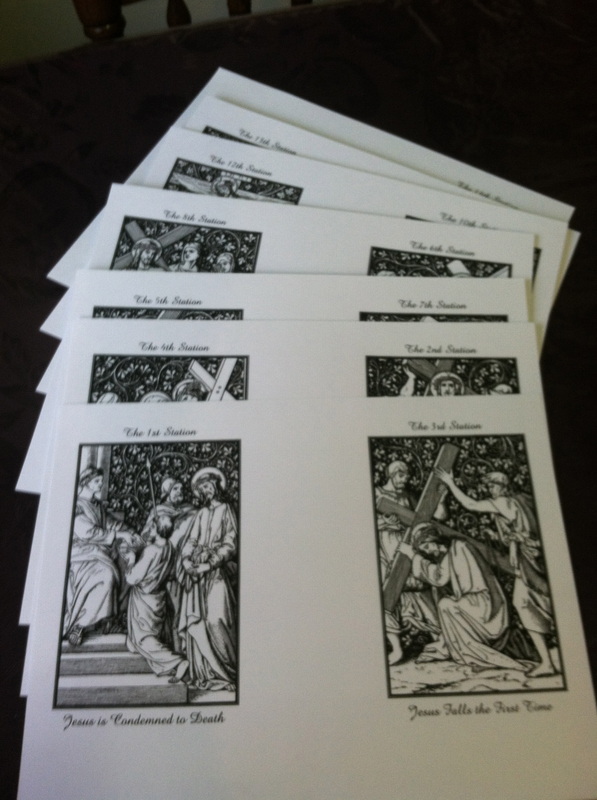
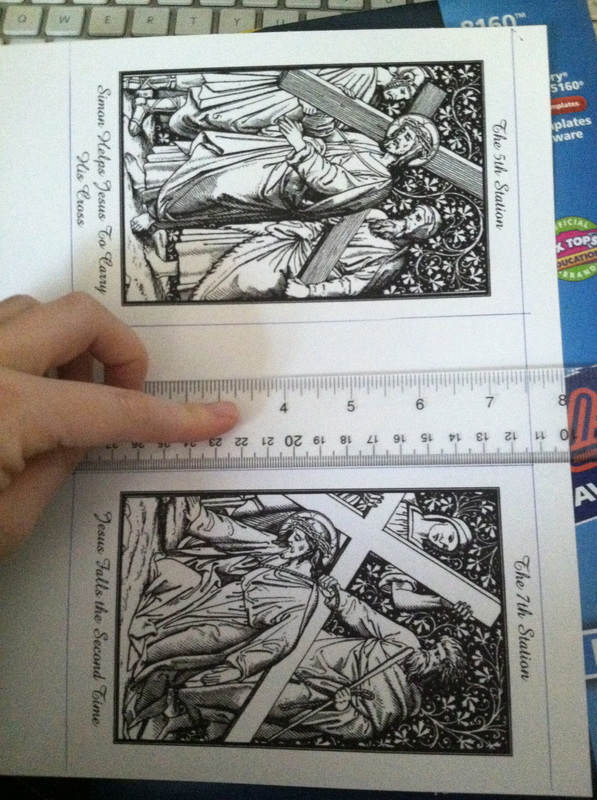







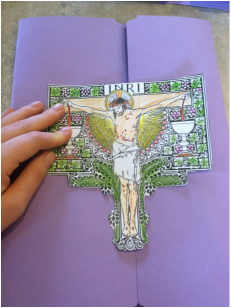
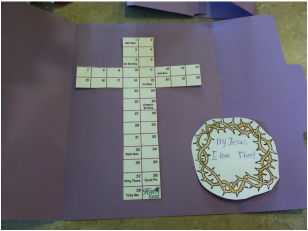

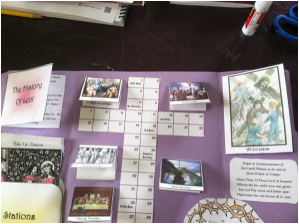
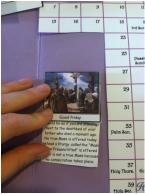

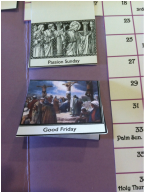
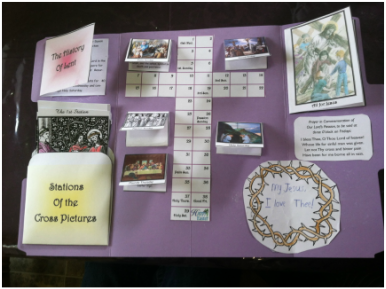
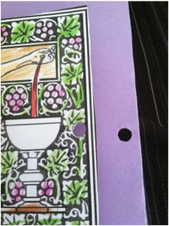
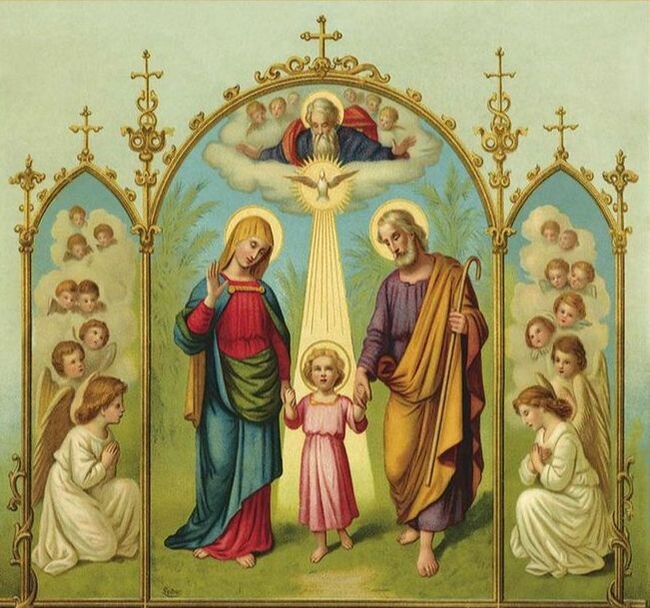
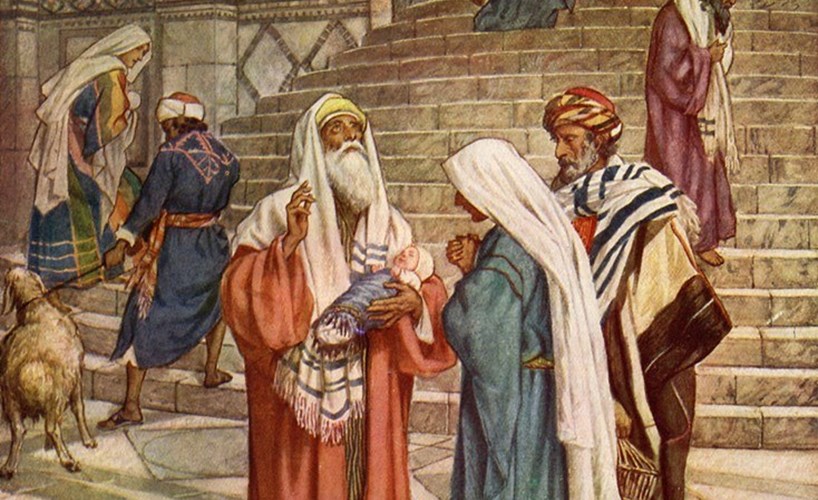
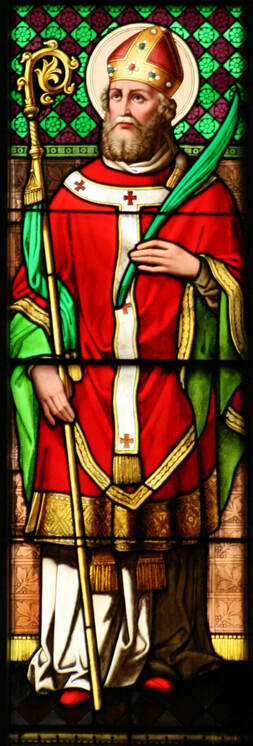
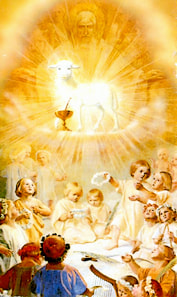
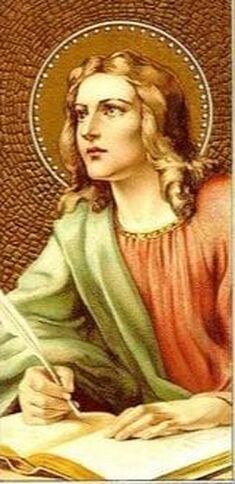
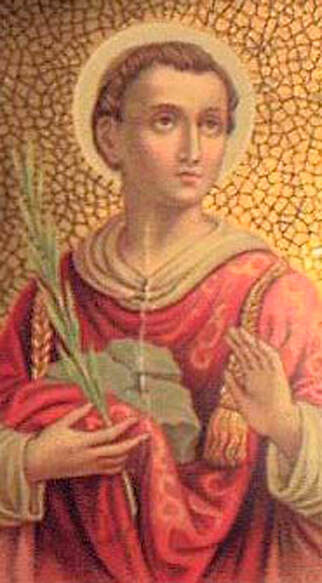
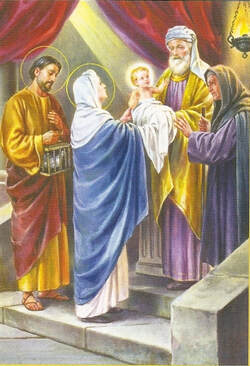
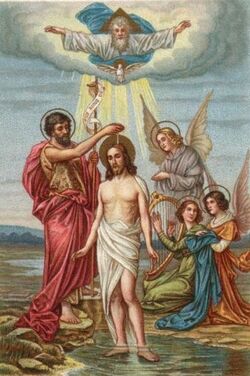


 RSS Feed
RSS Feed